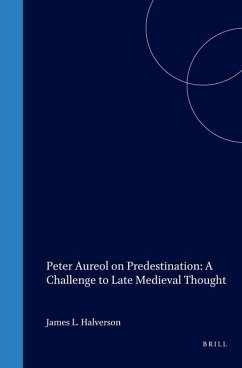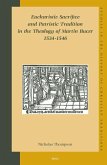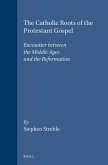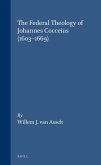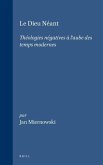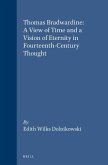By 1300 theologians had established a consensus position concerning predestination stating that God predestines without regard to human causes, but reprobates with regard to sin. In the fourteenth Century this consensus was shattered, first by those arguing that God also predestines on account of human causes, and then by those who asserted that God does neither with regard for human causes. The first part of the book examines the theology of Peter Aureol, who first broke with the consensus position on predestination. The second part traces the impact of his theology on late Medieval thought. Previously overlooked, Peter Aureol's unique doctrine of predestination and the impact it had on late Medieval and Reformation thought is a crucial chapter in the history of Western theology.
Hinweis: Dieser Artikel kann nur an eine deutsche Lieferadresse ausgeliefert werden.
Hinweis: Dieser Artikel kann nur an eine deutsche Lieferadresse ausgeliefert werden.

